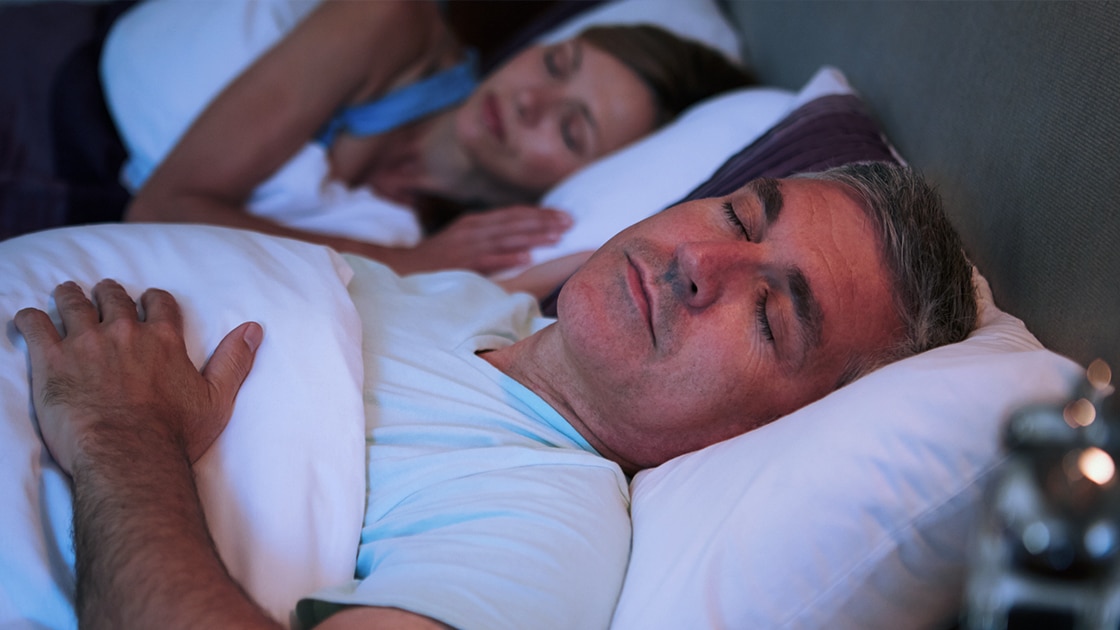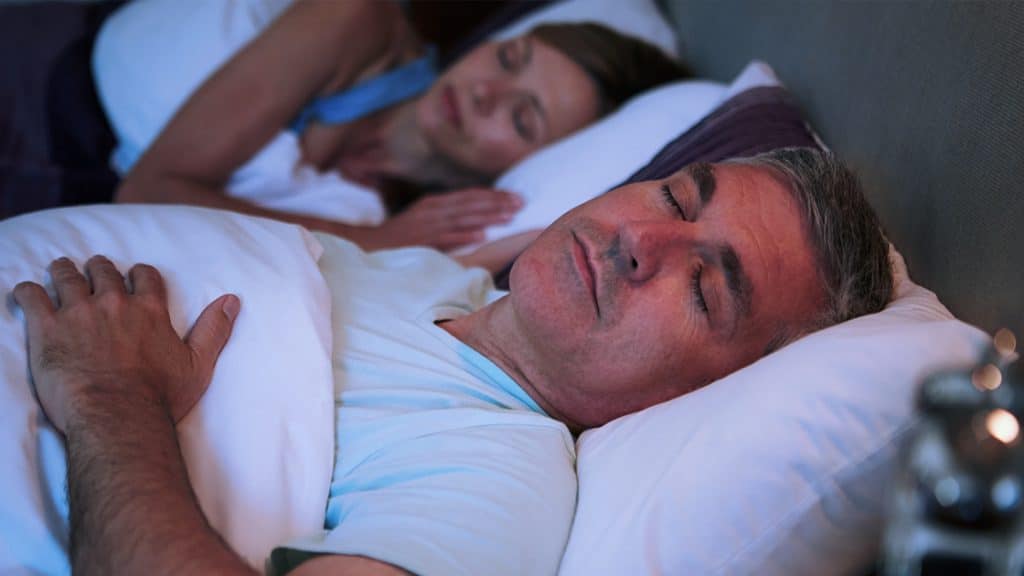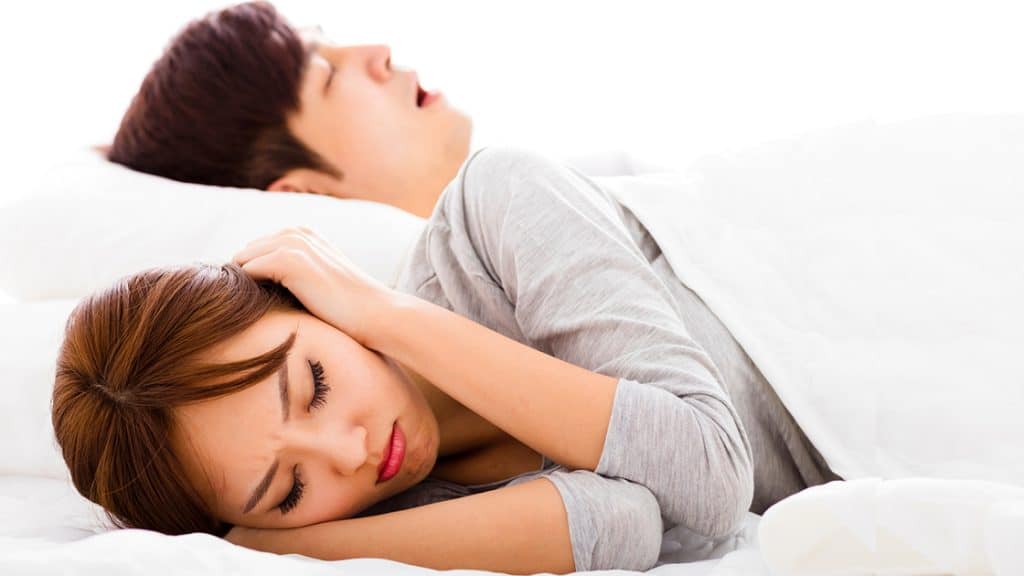
Sleep Study Near Me Cresskill NJ
Do you find yourself staring at the ceiling at 3 AM, wondering why restorative sleep feels so out of reach? Perhaps you wake up feeling more exhausted than when you went to bed, despite spending a full night under the covers. If this struggle is familiar, you are not alone. Millions of people grapple with sleep issues that deprive them of the rest their bodies and minds desperately need.
The nightly battle against tossing and turning affects far more than just your energy levels. Poor sleep quality can permeate every area of your life, from your concentration at work and your daily mood to your relationships with loved ones. What many fail to realize is that persistent sleep problems often signal an underlying, treatable medical condition.
A comprehensive sleep study is the definitive pathway to understanding and resolving these challenges. This diagnostic tool provides healthcare professionals in Cresskill NJ with detailed insights into what truly happens while you sleep, uncovering the root causes of your restless nights. By identifying a specific sleep disorder through professional testing, you can finally access targeted treatments that restore your natural sleep patterns and transform your overall health.
Understanding the Signs: When to Consider a Sleep Study
It is crucial to distinguish between occasional fatigue and the chronic exhaustion that points to a deeper issue. Recognizing the signs is the first step toward seeking help.
Beyond Simple Tiredness
Everyone experiences a bad night’s sleep from time to time. However, when fatigue becomes your constant companion, it is a significant red flag. This type of chronic exhaustion does not improve with an extra hour of sleep or a relaxing weekend. It is a persistent state that can diminish your ability to function, and it often worsens over time without proper intervention. If you feel drained day after day, it is time to investigate the cause.
Key Physical Symptoms to Watch For
The most apparent indicators of a sleep disorder often occur while you are asleep. Your partner or family members may notice these signs first.
- Loud, Persistent Snoring: While not all snoring is problematic, snoring that is loud, frequent, and disruptive can be a primary symptom of obstructive sleep apnea.
- Observed Pauses in Breathing: If someone has told you that you gasp for air or temporarily stop breathing during sleep, it is a serious sign that requires immediate medical attention.
- Morning Headaches and Dry Mouth: Waking up consistently with a headache or an uncomfortably dry mouth can indicate that your body is struggling to maintain proper oxygen levels and airflow throughout the night.
Daytime Indicators of Poor Sleep
The consequences of poor sleep quality extend well into your waking hours, manifesting in ways you might not immediately connect to a sleep disorder.
- Difficulty Concentrating and Memory Fog: Fragmented sleep impairs cognitive function. You might find it hard to focus on tasks, remember important information, or make decisions.
- Irritability and Mood Swings: A lack of restorative sleep directly affects emotional regulation. You may feel unusually irritable, anxious, or quick to anger without a clear reason.
- Overwhelming Daytime Sleepiness: Feeling an intense urge to nap at inappropriate times, such as during a meeting or while driving, is a classic sign of a significant sleep debt, often caused by an underlying disorder.
What Exactly Is a Sleep Study (Polysomnography)?
A sleep study, known in the medical community as polysomnography, is a non-invasive, overnight test that provides a comprehensive assessment of your sleep. It is the gold standard for diagnosing a wide range of sleep disorders.
A Comprehensive Health Assessment
Think of a sleep study as a detailed map of your night. It monitors multiple bodily functions simultaneously, allowing healthcare professionals to observe precisely what happens from the moment you fall asleep to the moment you wake up. This objective data provides a complete picture of your sleep architecture, breathing patterns, and overall physiological response during sleep.
The Science of Sleep Monitoring
During the study, a trained technologist applies several sensors to your body. While this may sound intimidating, the process is painless and designed for comfort. These sensors track key physiological parameters:
- Brain Waves (EEG): This measures your sleep stages (light, deep, REM) and detects any disruptions.
- Heart Rate and Rhythm (ECG): This monitors for any cardiac irregularities that may occur during sleep.
- Breathing Patterns: Sensors measure your airflow, breathing effort, and any pauses or shallow breaths.
- Blood Oxygen Levels: A small clip on your finger tracks your oxygen saturation, identifying any drops that may indicate a breathing disorder.
- Limb Movements: Sensors on your legs can detect conditions like Restless Legs Syndrome or Periodic Limb Movement Disorder.
The Goal: Turning Data into Diagnosis
The vast amount of data collected is analyzed by a board-certified sleep specialist. By examining the interplay between brain activity, breathing, heart rate, and oxygen levels, these experts can diagnose conditions with remarkable precision. This detailed analysis is what separates a professional sleep study from consumer sleep-tracking apps, providing the clinical accuracy needed for a medical diagnosis.
Common Sleep Disorders a Study Can Diagnose
Sleep studies are essential for identifying a variety of conditions that disrupt restorative rest. The two most common are forms of sleep apnea.

Obstructive Sleep Apnea (OSA)
Obstructive sleep apnea is the most frequently diagnosed sleep-related breathing disorder. It occurs when the soft tissues in the back of the throat relax and collapse during sleep, causing a partial or complete blockage of the airway. These interruptions, which can happen hundreds of time per night, cause blood oxygen levels to drop and trigger brief awakenings that fragment sleep. Many people with OSA are entirely unaware these events are happening.
Central Sleep Apnea (CSA)
Central sleep apnea is a less common but equally serious condition. Unlike OSA, the airway is not physically blocked. Instead, the brain fails to send the proper signals to the muscles that control breathing. This results in repeated pauses in breathing, leading to oxygen desaturation and sleep disruption. CSA is often associated with other medical conditions, such as heart failure or stroke, making an accurate diagnosis critical.
Other Sleep-Related Conditions
A polysomnography can also help identify other disorders, including:
- Narcolepsy: A neurological condition characterized by excessive daytime sleepiness and sudden “sleep attacks.”
- Restless Legs Syndrome (RLS): An irresistible urge to move the legs, particularly in the evening when resting.
- Periodic Limb Movement Disorder (PLMD): Involuntary and repetitive limb movements during sleep that cause arousal.
Preparing for Your Sleep Study: What to Expect
Knowing what to expect can help you feel more comfortable and ensure the study yields the most accurate results possible.
Pre-Study Instructions
Your healthcare provider will give you specific instructions. Generally, you will be asked to:
- Avoid caffeine and alcohol on the day of the study.
- Avoid napping in the afternoon before your study.
- Follow your normal daily routine as much as possible.
- Inform the technologist about any medications you are taking.
What to Bring to the Sleep Center
To make your overnight stay as comfortable as possible, you should pack as you would for a night in a hotel. Bring comfortable, loose-fitting sleepwear (two-piece pajamas work well), your personal toiletries, any medications you take at night, and perhaps a book or magazine to help you wind down.
The Sensor Application Process
When you arrive at the sleep center, a friendly and professional sleep technologist will greet you and show you to your private room. They will explain the entire process and answer any questions you may have. The technologist will then apply the sensors using a skin-friendly adhesive. The process is painless and designed to allow you to move and sleep in your preferred positions.
From Data to Diagnosis: Understanding Your Results
After your study is complete, the data is scored and sent to a sleep specialist for interpretation.
The Role of the Sleep Specialist
A board-certified sleep medicine physician will carefully analyze the hundreds of pages of data from your study. Their specialized training allows them to identify subtle patterns and abnormalities that reveal the nature and severity of a sleep disorder.
Key Metrics in Your Report
Your sleep study report will include several important metrics. The most critical is often the Apnea-Hypopnea Index (AHI). This number represents the average number of apnea (breathing cessation) and hypopnea (shallow breathing) events you experience per hour of sleep.
- Normal: AHI less than 5
- Mild Sleep Apnea: AHI of 5-15
- Moderate Sleep Apnea: AHI of 15-30
- Severe Sleep Apnea: AHI greater than 30
The report will also detail your oxygen saturation levels, sleep stages, and any limb movements or cardiac events.
Your Follow-Up Consultation
You will have a follow-up appointment with the sleep specialist to discuss your results. They will explain the findings in clear, understandable terms and confirm a diagnosis if a disorder is present. This consultation is your opportunity to ask questions and understand the implications for your health.
The Serious Health Consequences of Untreated Sleep Disorders
Leaving a sleep disorder like sleep apnea untreated can have profound and dangerous consequences for your long-term health.

Cardiovascular Health Risks
The repeated drops in oxygen and stress from frequent awakenings place immense strain on your cardiovascular system. Untreated sleep apnea is a major risk factor for:
- High blood pressure (hypertension)
- Heart attack
- Stroke
- Atrial fibrillation (irregular heartbeat)
Impact on Metabolic Health
Sleep disorders disrupt the hormones that regulate appetite and glucose metabolism. This increases the risk of developing type 2 diabetes and contributes to weight gain. The resulting fatigue also makes it more difficult to exercise and maintain a healthy lifestyle, creating a challenging cycle.
Cognitive and Mental Well-being
Your brain requires deep, restorative sleep to consolidate memories and clear out metabolic waste. Chronic sleep disruption impairs cognitive function, leading to memory problems and difficulty concentrating. Furthermore, there is a strong link between untreated sleep disorders and mental health conditions like depression and anxiety.
Sleep Better Solution: Your Partner for Restful Nights in Cresskill NJ
Personalized Sleep Care That Makes a Difference
At Sleep Better Solution, we understand that no two sleep challenges are alike. That’s why our experienced team takes a patient-centered approach to sleep disorder treatment, developing personalized solutions that address your unique needs. We don’t just diagnose—we build lasting relationships with our patients to ensure optimal outcomes and long-term sleep wellness.
Our comprehensive sleep care services focus on understanding the root causes of your sleep difficulties, allowing us to create targeted treatment plans that deliver real results.
Advanced Technology Meets Comfort
State-of-the-Art Sleep Center
Experience sleep testing in our comfortable, hotel-like rooms equipped with the latest sleep monitoring technology. We’ve designed our facilities to ensure accurate diagnosis while maintaining your comfort throughout the process.
Convenient Home Sleep Testing
For eligible candidates, we offer home sleep testing options that allow you to undergo sleep apnea screening in the familiar environment of your own bedroom. This approach provides accurate results while eliminating the stress of sleeping away from home.
Comprehensive Support for Your Sleep Health Journey
Your relationship with Sleep Better Solution doesn’t end with diagnosis. We provide ongoing support every step of the way:
- Initial Assessment: Thorough evaluation of your sleep patterns and concerns
- Treatment Implementation: Personalized therapy options tailored to your lifestyle
- Regular Monitoring: Continuous assessment of treatment effectiveness
- Ongoing Adjustments: Modifications to your therapy as your needs evolve
- Patient Education: Resources and guidance to help you maintain optimal sleep quality
We believe that educated patients are empowered patients. You’ll understand what to expect during your screening and comprehend your results, enabling you to make informed decisions about your sleep health.
Treatment Pathways Following a Diagnosis
Once you have a diagnosis, you can begin a treatment plan tailored to your specific needs. The goal is to restore normal breathing and sleep patterns, allowing your body to get the restorative rest it needs.
Oral Appliance Therapy
For patients with mild to moderate obstructive sleep apnea, or for those who cannot tolerate CPAP, oral appliance therapy is an excellent alternative. These custom-fitted devices, which resemble a sports mouthguard, work by gently repositioning the lower jaw forward. This movement keeps the airway open during sleep, preventing the tissue collapse that causes apnea events. At Sleep Better Solution, we use iTero 3D digital scanners to create precisely fitted Prosomnus oral appliances, ensuring both comfort and effectiveness.
Continuous Positive Airway Pressure (CPAP) Therapy
CPAP remains the gold standard for treating moderate to severe sleep apnea. A CPAP machine delivers a gentle, continuous stream of pressurized air through a mask, acting as an “air splint” to keep the airway open. Modern CPAP machines are quiet, compact, and feature advanced comfort settings like heated humidification and pressure-relief technology.
Lifestyle Modifications
In conjunction with medical treatment, certain lifestyle changes can significantly improve sleep apnea symptoms. These include weight management, as even a modest weight loss can reduce the severity of OSA. Avoiding alcohol and sedatives before bedtime is also crucial, as these substances relax the throat muscles and can worsen apnea.
The Life-Changing Benefits of Treating Your Sleep Disorder
Embarking on treatment for a sleep disorder is one of the most powerful investments you can make in your health and well-being.

Restored Energy and Vitality
One of the first and most profound changes patients report is the return of their energy. The chronic fatigue that may have plagued you for years finally lifts, replaced by daytime alertness and vitality. This allows you to be more productive, engaged, and present in your own life.
Improved Overall Health and Longevity
Treating sleep apnea directly addresses the serious health risks associated with the condition. It can help normalize blood pressure, reduce your risk of heart attack and stroke, and improve metabolic function. By managing your sleep disorder, you are actively protecting your long-term health.
Enhanced Quality of Life
The ripple effects of quality sleep are immense. Your mood stabilizes, relationships improve, and your cognitive function sharpens. You regain the ability to fully enjoy hobbies, social activities, and time with family. It is not just about sleeping better—it is about living better.
If you are tired of being tired, do not wait another day. A sleep study is more than just a test; it is the first step toward reclaiming your health, your energy, and your life. Contact a sleep care professional in Cresskill NJ, to discuss your symptoms and learn if a sleep study is the right next step for you.
Reclaim Your Sleep, Transform Your Life
Persistent sleep problems aren’t just inconvenient—they’re a signal that your body needs professional support. When you’re lying awake night after night, or waking up exhausted despite spending hours in bed, it’s time to take action.
A comprehensive sleep study provides the objective data you need to understand what’s happening during your sleep. This investment in your health represents far more than a single test—it’s your pathway to dramatically improved quality of life.nIf you’re experiencing symptoms of a sleep disorder, don’t let another restless night compromise your health. Every night of poor sleep affects your energy, focus, and overall vitality.
Contact a qualified sleep medicine professional to discuss your symptoms and determine whether a sleep study is right for your situation. This important decision can be the beginning of a transformation that improves every aspect of your daily life, restoring the restorative sleep your body deserves.
